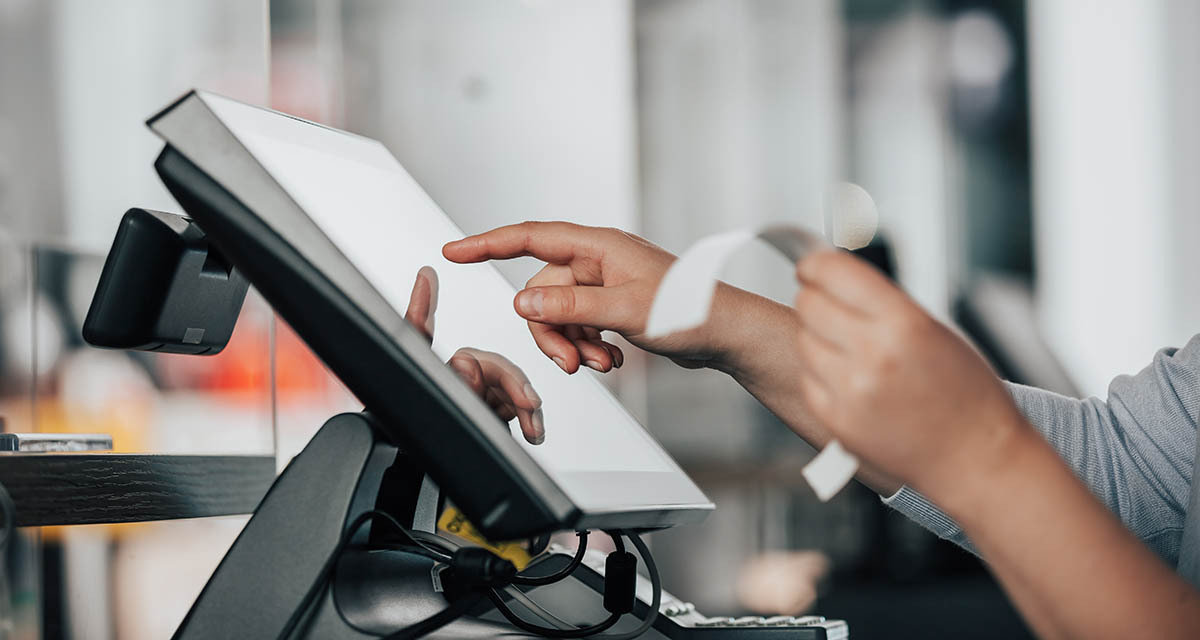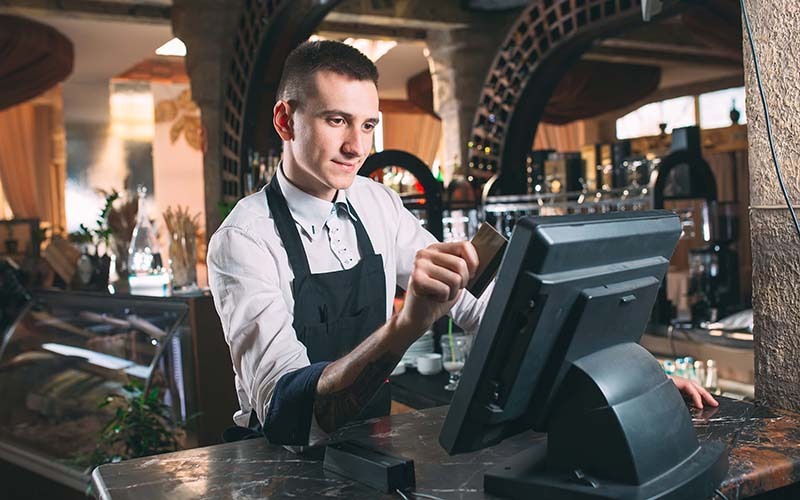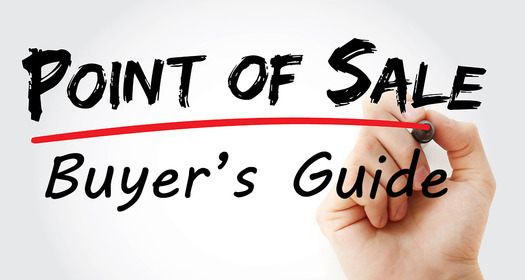
When it comes to point of sale (POS) systems, there is no one-size-fits-all solution. The type of POS system you need for your business will depend on a number of factors, including the size and type of your business, your budget, and your specific needs.
To help you choose the right POS system for your business, we’ve put together this guide on what to look for in a POS system. We’ll cover the different types of POS systems available, as well as the features you should look for based on your specific needs.
What is a POS System Used For?
A POS system is a system used to process sales transactions. POS systems can be used in a variety of businesses, including retail stores, restaurants, and service-based businesses.
POS systems typically include a POS terminal, which is used to input sales information, and POS software, which is used to track sales data. POS systems can also include additional hardware, such as barcode scanners and receipt printers.
What are the Different Types of POS Systems?
There are three main types of POS systems: on-premise, cloud-based, and mobile.
1. On-Premise POS Systems
On-premise POS systems are installed on a local server, typically at the business’s location. On-premise POS systems are owned and operated by the business, and require IT support for maintenance and updates.
2. Cloud-Based POS Systems
Cloud-based POS systems are hosted on a remote server, and can be accessed from any internet-connected device. Cloud-based POS systems are typically subscription-based, and offer more flexibility and scalability than on-premise POS systems.
3. Mobile POS Systems
Mobile POS systems are installed on mobile devices like smartphones or tablets. Mobile POS systems are typically used by businesses that do not have a fixed location, such as businesses that operate primarily online or pop-up shops.
What are the Benefits of POS Systems?
There are many benefits of using a POS system in your business. POS systems can help you keep track of your sales data, customer information, and inventory levels. POS systems can also help you process payments, issue receipts, and print barcodes.
Some of the other benefits of using a POS system include:
- Increased Efficiency: POS systems can help businesses streamline their sales process, resulting in increased efficiency. For example, POS systems can be used to track inventory levels, so businesses always know what products are in stock and can reorder products as needed.
- Improved Accuracy: POS systems can help businesses improve the accuracy of their sales data. For example, POS systems can be used to scan barcodes, which can help reduce input errors. In addition, POS systems can track sales data in real-time, so businesses can quickly identify and correct any errors.
- Reduced Costs: POS systems can help businesses reduce their operating costs. For example, POS systems can automate many of the tasks associated with sales transactions, such as printing receipts and tracking inventory levels. In addition, POS systems can help businesses manage their customer data, which can lead to improved customer loyalty and increased sales.
- Improved customer service: POS systems can help you provide better customer service by allowing you to track customer information. With a POS system, you can quickly look up a customer’s purchase history and preferences. This information can be used to provide tailored recommendations and special offers.
- Increased sales: POS systems can help you increase your sales by making it easy for customers to make purchases. POS systems can also help you upsell and cross-sell products by providing recommendations at the point of sale.
What Features Should I Look for in a POS System?
When choosing a POS system, there are a number of features you should look for to ensure the system meets your specific needs. Below, we’ve listed some of the most important features to look for in a POS system.
- Inventory Management: If you sell physical products, then you’ll need a POS system with inventory management capabilities. Inventory management features will allow you to track your inventory levels, so you can reorder products as needed. In addition, some POS systems can be integrated with barcode scanners, which can help you keep track of your inventory even more accurately.
- Customer Management: If you have a customer database, then you’ll need a POS system with customer management capabilities. Customer management features will allow you to store and track your customer data, so you can quickly lookup customer information, such as contact information and purchase history. In addition, some POS systems can be integrated with loyalty programs, so you can reward your best customers.
- Payment Processing: All POS systems will allow you to process payments, but not all systems are created equal. When choosing a POS system, be sure to look for a system that offers the payment processing options you need, such as support for credit and debit cards, gift cards, and mobile payments. In addition, be sure to consider the fees associated with payment processing, as these can vary significantly from one system to the next.
- Reporting: Reporting features will allow you to generate sales reports, so you can track your performance over time. In addition, some POS systems offer advanced reporting features, such as support for customer segmentation and sales analytics. If you’re looking for a POS system with advanced reporting capabilities, then be sure to look for a system that offers these features.
 Restaurant POS Example
Restaurant POS Example
What Type of Businesses Need POS Systems?
Businesses of all types use POS systems, but some businesses can benefit more from POS systems than others. Below, we’ve listed some of the most common types of businesses that use POS systems.
- Retail Stores: Retail stores are the most common type of business that uses POS systems. POS systems can be used to track inventory levels, process payments, and generate sales reports. In addition, some POS systems can be integrated with loyalty programs, so you can reward your best customers.
- Restaurants: Restaurants use POS systems to track orders, process payments, and generate sales reports. In addition, some POS systems can be used to manage reservations and table assignments. And, some POS systems can even be integrated with kitchen display systems, so your kitchen staff can see orders as they come in.
- Hospitality Businesses: Hospitality businesses, such as hotels and resorts, use POS systems to track reservations, process payments, and generate sales reports. In addition, some POS systems can be used to manage customer data, so you can quickly lookup customer information, such as contact information and reservation history.
- Salon and Spa Businesses: Salon and spa businesses use POS systems to track appointments, process payments, and generate sales reports. In addition, some POS systems can be used to manage customer data, so you can quickly lookup customer information, such as contact information and appointment history.
What Are the Costs Associated with POS Systems?
The cost of a POS system depends on a number of factors, such as the features you need and the number of users you have. However, POS systems typically cost between $500 and $5,000. In addition, many POS systems require monthly or annual subscription fees, so be sure to factor these costs into your budget.
What’s Next?
Now that you know what type of POS system you need, it’s time to start shopping for a system. Be sure to pick a POS system specific to your industry and read reviews of the companies. We'd recommend beginning your research by searching our listings of POS companies.
Want to compare POS systems and get quotes fast? Select the button below to compare quotes and vendors based on your requirements.
Compare POS Systems & Save |



